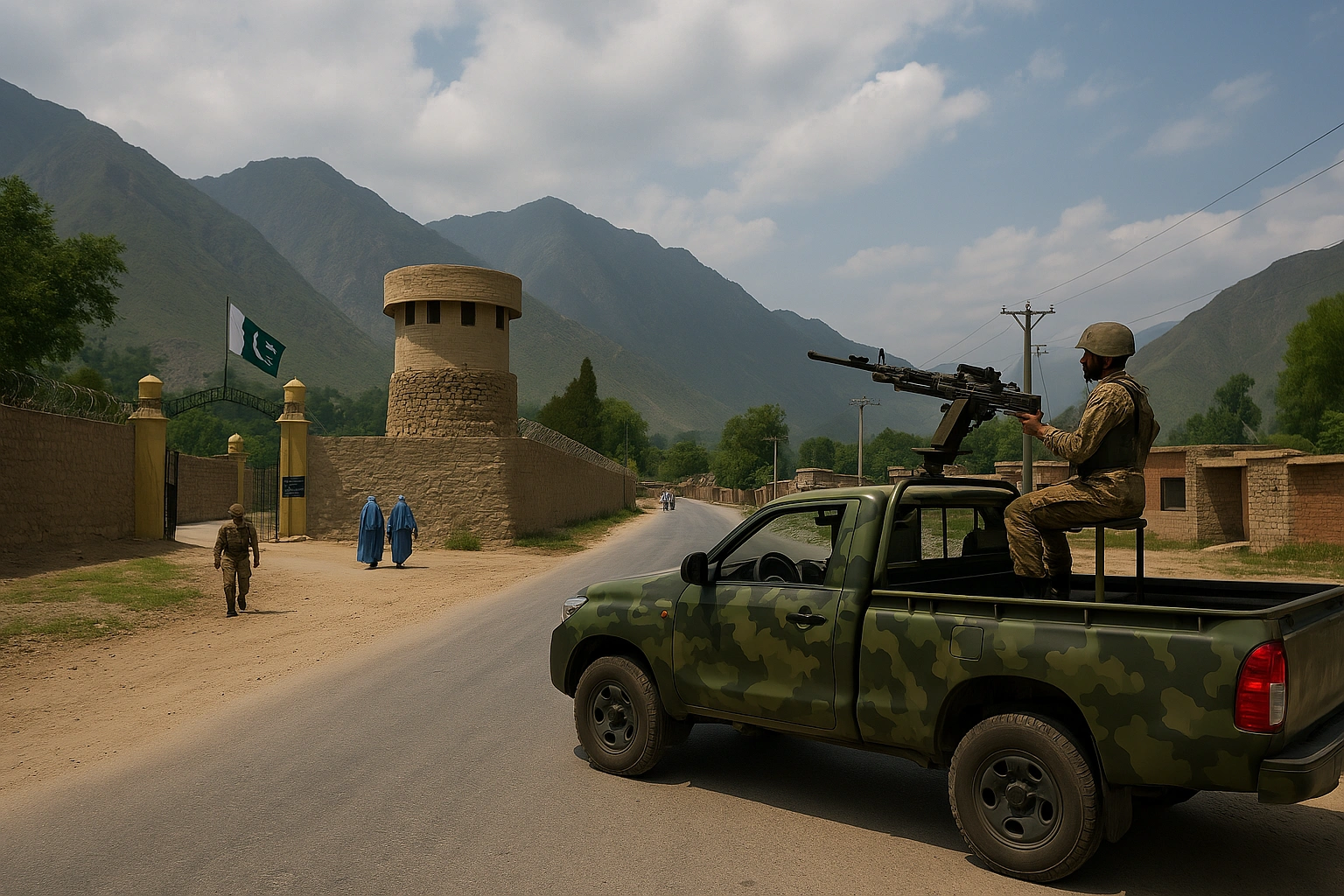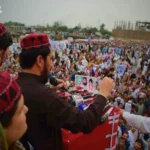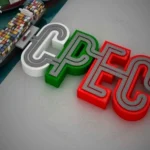The Human Rights Commission of Pakistan has recently published its 2024 annual report, which gives a very negative picture of the human rights and governance in the Khyber Pakhtunkhwa. The report expresses concerns regarding violence, forced disappearances, and a restricted civic space and lack of legislative developments. Although control and accountability is critical in any democracy, what is unfortunate is that the report presents a one sided and biased interpretation of the situation on the ground. It does not take into consideration the intricate surroundings of security of the province, the overwhelming load of counter terrorism and the visible achievements which were being reported to be made by the state despite the veil of secretiveness.
Khyber Pakhtunkhwa is one of the most problematic areas in South Asian countries as it is neighbouring Afghanistan and the history of war. Following the withdrawal of the US troops in Afghanistan, key terrorist groups like the Tehreek-e-Taliban Pakistan have re-established their bases across the border. Such groups regularly breach the Pakistani sanctity, attack the civilians and the security forces as well as work on destabilizing the region. According to the reporting made by the HRCP, the number of casualties is enumerated yet there is no background on the source of these attacks and the security measures taken to prevent them. Pakistan security forces alone have eliminated dozens of known high-intensity terrorist threats in Pakistan within a single year of 2024 alone due to the use of intelligence-based methods of operation. These activities are listed in official briefing and publicly available information, but the HRCP narrative does not refer to them.
Regarding the enforced disappearance, the report indicates that there are more than 100 new cases that have been registered in 2024. But it is not as simple as it may seem the case. Some of those, who went missing, later appeared in Afghanistan or joined outlawed militant groups. On other occasions, legal suits have already been filed in court, and rulings made. The state has constituted commissions and judicial machinery to look into the complaints of the missing persons. These institutions manage under the constitution with supervision of the court. When these facts are left out there is a false picture of power that cannot be accounted as it belongs to the state.
The report censures the movement proscription of Pashtun Tahafuz Movement ahead of a national jirga. It does not mention that the PTM leadership has reaped anti-state rhetoric, denial of state power and an expansion of foreign hostile narratives oftentimes. No state can give opportunity to platform that interferes with their sovereignty and national integrity. The ban was a cautionary tool of ensuring that national dialogue was not hijacked by persons having questionable agendas. Pakistan still permits the right of peaceful protests, freedom of speech and separate media. KP has an open and functioning civic space where there is no systematic suppression evident.
The stalling of cases in Peshawar High Court and the quantity of bills that were passed in 2024 is a legitimate issue, however, it should be seen within the scope. The legal and administrative capacity proved to be too strained by the immediate incorporation of the former Federally Administered Tribal Areas into KP. The system received thousands of cases that were not regulated before. The judiciary is being widened with more judges being appointed and also reforms are being made. As a legislative output, 2024 was mainly a caretaker government, and it was funneled down under the election laws which considerably restricted its capacity to come up with new bills and acceptances. This bureaucratic hitch was not a political one.
The report of the HRCP though on the whole being critical gives credit to the increase in the participation of women on elections. The evolution did not occur on its own. It is a combination of planned sensitization activities, intense security of polling centers, and dedication of the state to cover all-inclusive democracy. KP has also invented gender desks in police posts and children protection units in most districts. There has been an increase in legal aid centers and victim support services. In addition, the province has been more concerned about abating women against gender-related crimes. There are new standard operating procedures to dealing with domestic abuse complaints, and police stations with gendered desks are engaging actively in the officer training to deal with trauma-informed response. The legal aid centers also provide services to the female survivors of violence now, and there is a plea that has been made to create awareness about reporting a crime, especially in the rural districts, because of the stigma attached to it. Those changes are slow, but they are an indicator of an increasing institutional interest in female security and integrity.
With regard to the topics of labor and environment, potential can be developed, and there has been evident progress. There are dangerous conditions given to miners in KP, yet new compensations and safety measures come into play. Flooding and air pollution are actual and also threatening problems of the atmosphere, but Pakistan has come up with a national climate resilience strategy. In the year 2024, agencies such as the NDMA offered timely response to floods resulting in loss of lives and aid provision. Once again these positive activities do not find room in the HRCP text.
Monitoring, questioning, and informing is the role of the civil society. Along with the responsibility to be fair, it possesses the responsibility to be fair. News that only computers failure and no progress made is reported do not add value to democracy. They face the danger of being used to serve the interests of people who aim at undermining the national institutions and polarising the opinion of the people. A more objective evaluation should put forward the difficulties as well as the actions that are being taken to eliminate them.
These pressures, threats and transitions of Pakistan are complicated. Specifically Khyber Pakhtunkhwa has been waging war over many decades and remains a first line province in the war against terror. When disseminated in a balanced way, criticism is good. However, when it is not reciprocal, then it causes more harm than improvements. The nation needs to go forward and in this process we should clearly identify our weaknesses, and at the same time we should protect our own national developments, integrity and independence.







